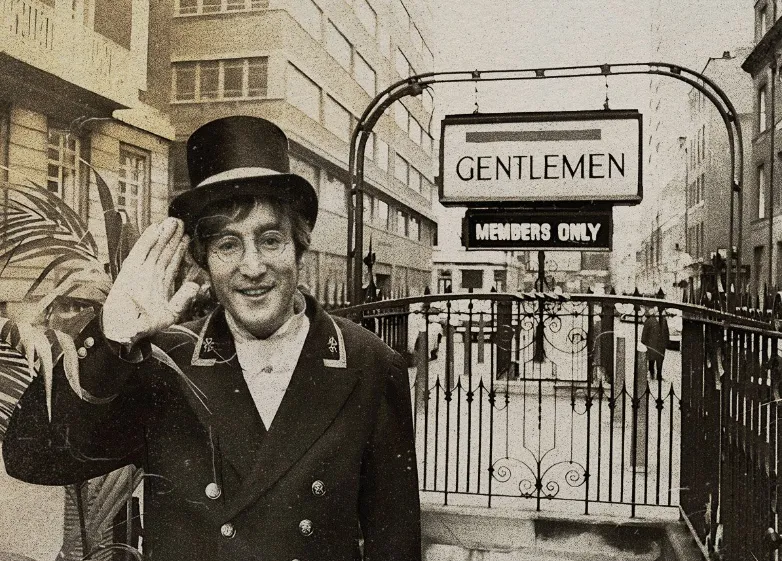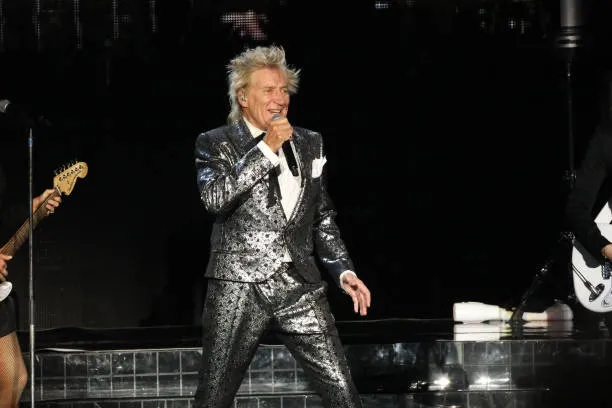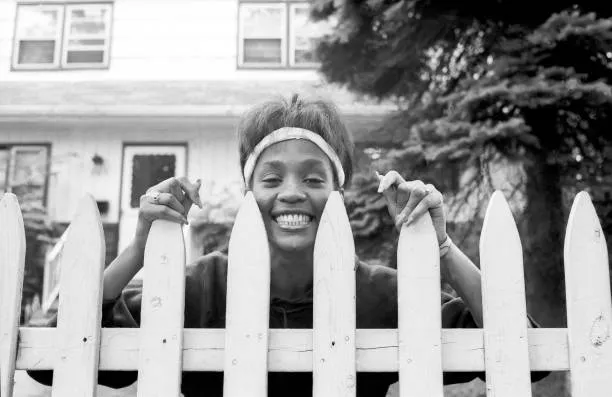Elvis Presley, the King of Rock and Roll, was not only a legendary musician but also a prolific actor, starring in 31 feature films throughout his career. Despite the commercial success of many of his films, Elvis was often dissatisfied with the quality of the movies he was involved in, and "Clambake" is a prime example of this discontent. Released in 1967, "Clambake" was one of the many formulaic musicals Elvis starred in during the 1960s, and it epitomized much of what he disliked about his Hollywood career.
Formulaic and Predictable Plot

One of the primary reasons Elvis disliked "Clambake" was its formulaic and predictable plot. The movie follows the story of a wealthy young man, Scott Heyward (played by Elvis), who switches places with a water-ski instructor to find true love without the influence of his wealth. The plot was a typical romantic comedy with musical elements, a formula that had been used repeatedly in Elvis's previous films. By the time "Clambake" was made, Elvis had grown weary of these repetitive storylines that offered little in the way of artistic or dramatic challenge.
Lack of Creative Control

Elvis also disliked the lack of creative control he had over his films, including "Clambake." His manager, Colonel Tom Parker, had a significant influence on Elvis's movie career, often prioritizing quantity over quality. Parker's primary goal was to maximize Elvis's financial earnings, and he believed that sticking to a proven formula was the best way to achieve this. As a result, Elvis was often cast in roles that did not showcase his true potential as an actor. This lack of control and artistic freedom frustrated Elvis, who aspired to take on more serious and diverse roles.
Poor Production Quality

The production quality of "Clambake" was another factor contributing to Elvis's disdain for the film. By the mid-1960s, the budgets for Elvis's movies had been significantly reduced, leading to lower production values. "Clambake" was no exception, with its mediocre script, uninspired direction, and lackluster musical numbers. Elvis was well aware of the declining quality of his films and was disappointed that they did not reflect his talents or the high standards he set for himself as a performer.
Misalignment with Elvis’s Aspirations
Elvis had a genuine passion for acting and wanted to be taken seriously as an actor. Early in his career, he had shown potential in films like "King Creole" and "Jailhouse Rock," where he was given more substantial roles and better scripts. However, the string of lightweight musicals that followed did little to advance his acting career. "Clambake" represented the continuation of this trend, which was at odds with Elvis's desire to evolve as an artist and gain respect in Hollywood.
The Context of the 1960s

The cultural context of the 1960s also played a role in Elvis's dissatisfaction with "Clambake." The decade was marked by significant social and cultural changes, with the rise of counterculture movements and more experimental and socially relevant films. In this environment, Elvis's formulaic musicals seemed increasingly out of touch and dated. Elvis himself was aware of the shifting landscape and felt that his movies were not keeping pace with the times, further fueling his frustration.
Conclusion
In summary, Elvis Presley’s dislike for the movie "Clambake" stemmed from several interconnected factors: the formulaic and predictable plot, lack of creative control, poor production quality, misalignment with his artistic aspirations, and the broader cultural context of the 1960s. "Clambake" epitomized the type of film that Elvis had grown tired of making—one that prioritized commercial success over artistic integrity. Despite his enduring popularity, Elvis yearned for more meaningful and challenging roles that would allow him to showcase his true potential as an actor. His dissatisfaction with films like "Clambake" highlights the complexities of his career and the often-unrealized aspirations of a legendary performer.



